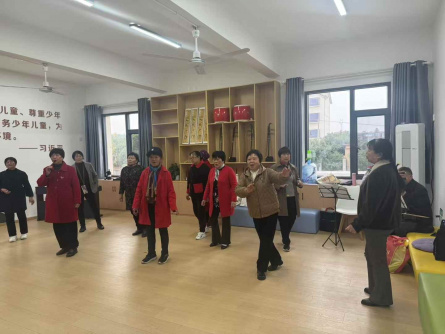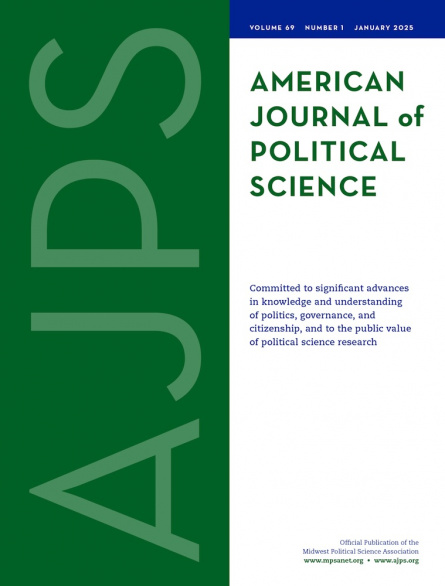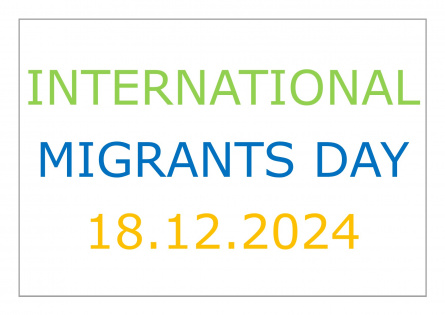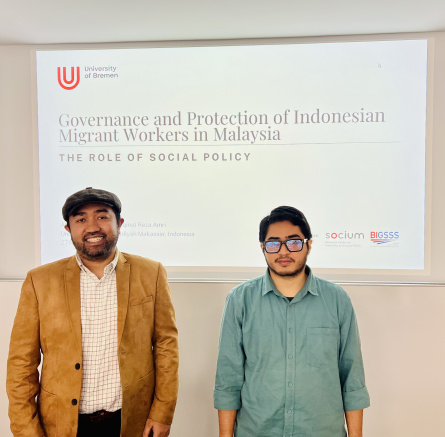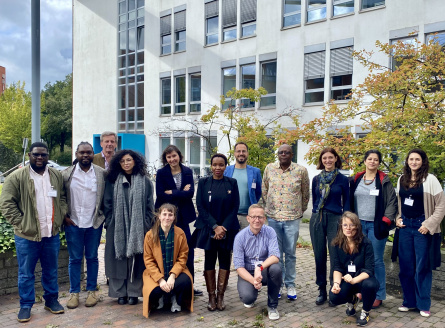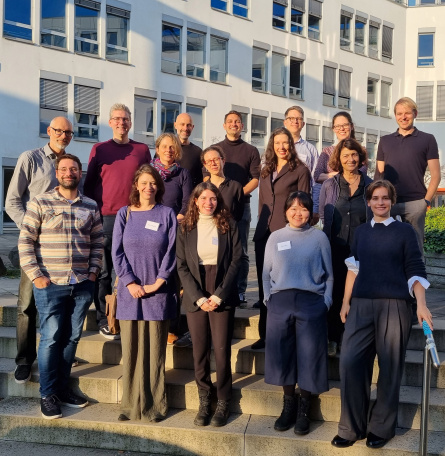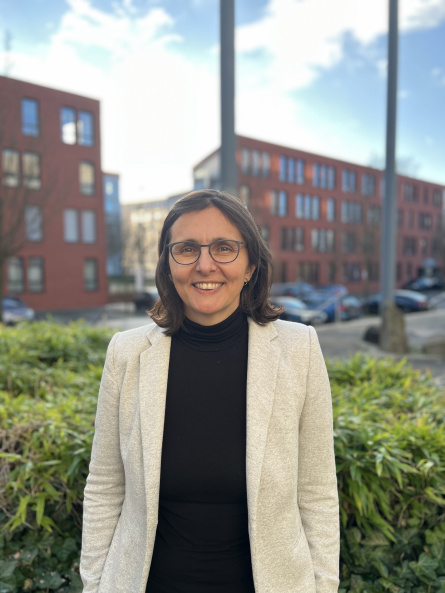
Zum Abschluss der Jour Fixe-Vortragsreihe im Wintersemester 2024/25 war Prof. Dr. Krisztina Kis-Katos von der Universität Göttingen am 29.01.2025 zu Gast am SFB 1342. In ihrer Präsentation zum Thema "Cash Transfers and Violent Crime in Indonesia" stellte sie die Auswirkungen des "Conditional Cash Transfer (CCT)"-Programms vor und diskutierte mit den Teilnehmenden die Interpretationen der umfangreichen Daten nicht nur aus ökonomischer, sondern auch aus sozialwissenschaftlicher Sicht.
Abstract:
This study investigates the impact of Indonesia’s flagship conditional cash transfer (CCT) program—PKH—on violent crime. Exploiting data from a randomized controlled trial and administrative data from the staggered nationwide program roll-out in combination with different causal identification strategies, we show that communities receiving access to the CCT experienced an increase in violent crime. Examining possible mechanisms, our analysis reveals that the program resulted in an increase in idleness among non-targeted male youth within beneficiary households, which we believe contributed to the rise in violent crime. In contrast, we show that the surge in violent crime is neither related to PKH increasing the (monetary and non-monetary) rewards for committing crime nor to alternative reductions in the (material, psychic, punishment-related) costs of engaging in crimes.
Krisztina Kis-Katos is Professor for International Economic Policy at the University of Göttingen. She studied Economics in Szeged and Konstanz, attended the Swiss Doctoral Program at the Study Center Gerzensee, and received her doctoral degree in Economics in 2010 at the University of Freiburg in Germany. Her research interests lie in the fields of applied development economics and political economy. Her recent research projects focus on the effects of (de-)globalization and more generally of macro-economic processes or related public policies on a range of social and economic outcomes, including labor market and firm outcomes, land use change and deforestation, or conflict.
Kontakt:
Prof. Dr. Sebastian Fehrler



